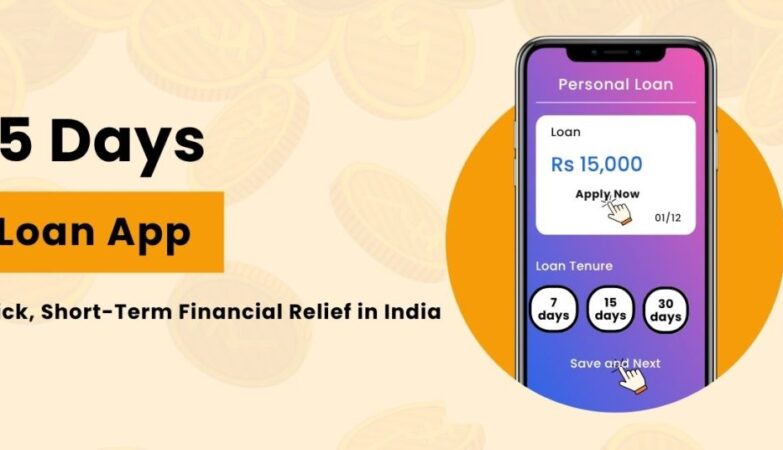Some people make steady progress in trading. Others get stuck in a cycle of gains followed by bigger losses. They might read the same books, watch the same videos, and use the same platforms. But results are not the same. The difference often comes down to one skill that is harder to learn than most expect, self-control.
In online CFD trading, having a plan is not enough. Many traders know when to enter, where to place stop-loss levels, and how much to risk. But when money is on the line, plans are often ignored. A good setup turns into a bad trade, not because of poor analysis, but because of a poor decision made under pressure.
Self-control is not the same as knowledge. It is the ability to act with discipline when emotions are high. After a few wins, it keeps traders from becoming overconfident and risking too much. After a few losses, it stops them from chasing the market out of frustration. It is a quiet skill that does not show on charts, but it affects every trade.
For traders on online CFD trading platforms, this skill becomes even more important. These platforms move fast, and the trades are easy to open. With just a few clicks, someone can change their position or double their size. That speed is helpful, but it can lead to problems if decisions are based on emotion instead of logic.
Winning traders often have simple routines. They check their charts, set clear entry points, and walk away when the plan does not match the market. They do not sit for hours hoping the price will move in their favour. This is not because they are smarter. It is because they trust their system and follow it without letting fear or excitement take over.
Losing traders, on the other hand, often break their own rules. They might enter early, add to bad positions, or cancel a stop-loss because they think the market will turn. These choices are not based on skill. They come from stress or the hope of a lucky break. Over time, these habits create bigger losses and more frustration.
The rise of online CFD trading has made it easier for anyone to get started, but it has also made self-control more important than ever. Unlike long-term investors who check their portfolios once a week, traders watch prices in real time. This constant movement can lead to rushed decisions, especially when the trader feels pressure to perform.
One way to develop this skill is through reflection. After each trading day, reviewing not just the trades but also the decisions can help spot emotional mistakes. Did you follow your plan? Did you take a trade because it fit your rules or because you felt bored or stressed? These small questions can lead to better habits.
Another approach is to trade less often. It may seem strange, but some of the most consistent traders only take a few setups per week. They wait for the right moment and protect their energy and focus. This also lowers the chance of acting on impulse, which is where many losses come from.
Contracts for difference offer fast results, but that speed comes with pressure. Self-control is what keeps a trader balanced. It makes sure that decisions come from reason, not reaction.
In the end, tools and strategies are helpful, but without control, they lose power. Online CFD trading rewards those who can stay calm, follow their method, and ignore noise.
The market does not punish traders for being wrong; it punishes them for acting without care. Those who build self-control over time are the ones who turn small steps into long-term progress. And that is what separates the winners from the rest.











